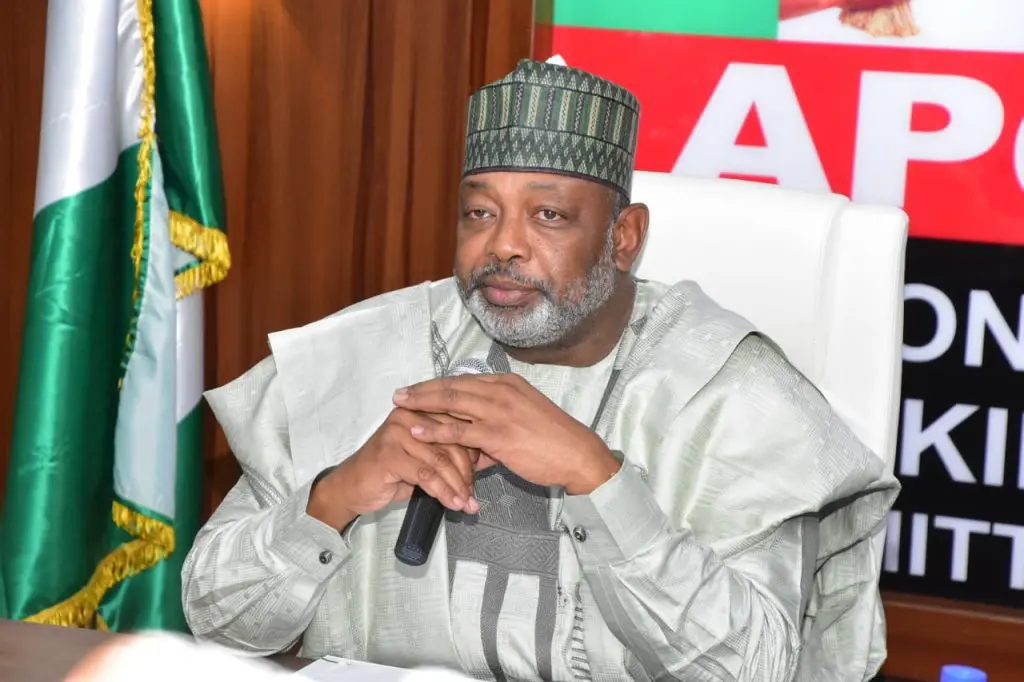In the states of Plateau and Kaduna, the Federal Ministry of Agriculture and Food Security (FMFS) has educated and empowered 60 young adults and women to start a green maize business.
During Thursday’s training in Kaduna, FMFS Minister Abubakar Kyari stated that the aim was to increase maize output in the two states and to drastically reduce the price of maize in the northern portion of the country.
Kyari, who was represented by Mr. Bruce Asaleke, Director, Agric Extension in the ministry, said the training will teach small holder farmers how to grow all year green maize.
He said the aim was to raise production in the county, which would lead to more jobs, less scarcity, and higher incomes for the farmers. The farmers would also receive training on the maize value chain.
As part of the government’s initiatives to give women and young people more agency, he claims this will enhance their capacity and maize output.
The minister assured the public that the government was working hard to maintain food and nutrition security in the country, calling maize growing a “lucrative business” that helps the economy by providing jobs, bettering people’s diets, and fostering social progress.
Kyari explained that Plateau and Kaduna were selected because of the region’s favorable climate and land availability for growing maize.
General Manager of the Kaduna Agricultural Development Project (KADP) Mr. Muhammad Rili said that the farmers’ ability to benefit from the lucrative maize value chain would be enhanced as a result of the training.
Rili noted that maize was not only a staple food but also a raw material for various businesses.
One of the attendees, Juliana Choji, from Plateau, remarked on how “timely” the training was and said she planned to put what she learned to use in order to increase her crop yield and her return on investment.
Fatima Usman, also from Kaduna, was optimistic about the future of maize production as an investment. (NAN)
